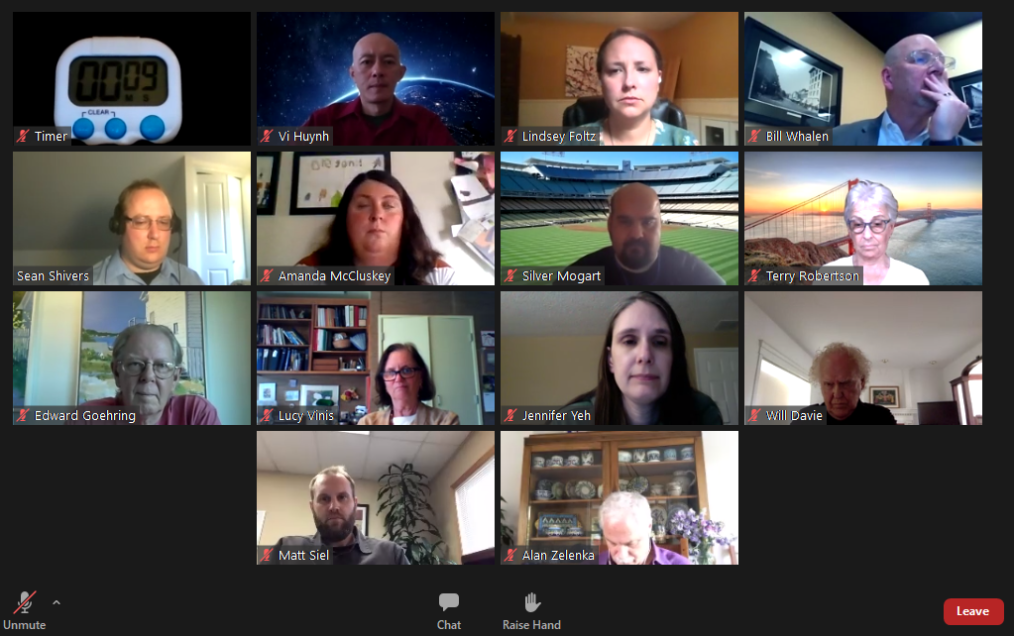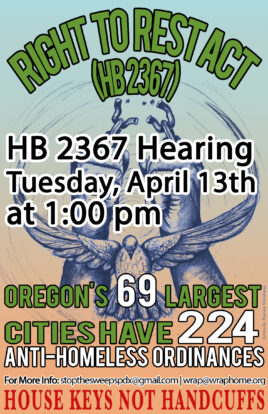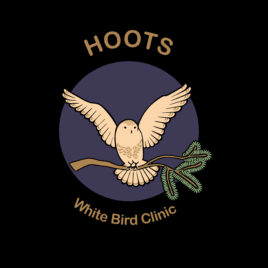
White Bird’s Public Comment on the ‘Prohibited Camping Re-enforcement Rollout’
Update: On Tuesday, June 16th the Eugene Human Rights Commission unanimously voted to endorse this policy recommendation and refer it on to City Council for deliberation.
The following testimony in reference to the enforcement of the prohibited camping ordinance was submitted to the Eugene Police Commission, a twelve-member citizen body that acts in an advisory capacity to the city council, the chief of police and the city manager on police policy and resource issues. Join the Thursday, June 11 meeting via Webinar: https://eugene-or-gov.zoom.us/j/98439278535
Dear Police Commissioners,
In reference to your agenda item on the Prohibited Camping Re-enforcement Rollout, White Bird Clinic asks that EPD continue to follow CDC guidelines and not disperse encampments unless there is illegal conduct outside of camping.
Recommended Policy Focus – Harm Reduction
- We support EPD strategies that minimize impacts to unhoused individuals:
-
- Response to unsanctioned camping complaints should provide outreach materials including camping guidelines, social services information and referral, COVID-19 information, and COVID-19 transmission prevention strategies including waste disposal.
- Implementing a code of conduct for campers.
- Providing educational materials on conflict mediation between individuals who shelter outside and other community members.
- Supporting community health and safety measures.
- We request the City of Eugene clarify locations where sheltering in place, including sheltering in a vehicle, is permitted and where it is prohibited.
- Establish recovery sites for sanctioned and supported camping that allow pets, partners and possessions, with 24-hour security, bathrooms, and storage.
- Establish an alternative call and dispatch system to using law enforcement when a complaint only involves prohibited camping and there is no threat to public safety or crisis response necessary.
White Bird Clinic believes that ending unsheltered homelessness requires a coordinated approach that addresses social, emotional, and physical well-being. We support policy initiatives that center people with lived experience and support solution-oriented advocacy efforts that adequately fund programs effective in ending homelessness.
Supporting Materials
- Letter from the National Law Center on Homelessness & Poverty (“Law Center”) to the Mayor, City Council, and City Manager, regarding the closure of temporary shelter facilities for people experiencing homelessness in Eugene, OR during the COVID-19 crisis, and the enforcement of anti-camping ordinances against people experiencing homelessness during the COVID-19 crisis DOWNLOAD PDF
- Interim Guidance on Unsheltered Homelessness and Coronavirus Disease 2019 (COVID-19) for Homeless Service Providers and Local Officials, CDC Web Site



